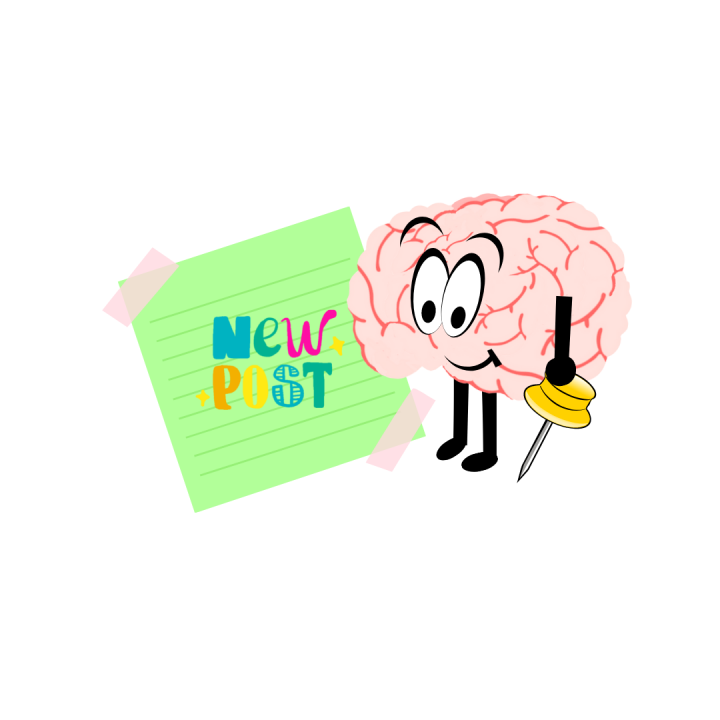It matters what we say about mental health – or the things we don’t say
Harri Uusitalo, a postdoctoral researcher at the University of Turku, talked about the historical linguistics around mental health related words on 22.4.2021. His examples are from the 16-18th century and show how the words have evolved.
The verb ahdistaa (to cause anxiety/anguish) has been derived from the word ahdas (cramped). So originally the word was used to describe something getting cramped/narrower but later the meaning changed to mean the mind getting cramped. If a person’s mind is cramped they feel anxious.
Another example is the verb masentaa (to depress). It had a very practical meaning, to fall or to be beaten down. In these words, there is a connection between the physical word and the inner mind that might sometimes be lacking in the way we understand things these days.
Uusitalo also explained the development of the word mieletön (senseless, wicked, awesome). The word was first used to describe someone without a sense. To an outsider the behaviour of that person seemed to be without reason. These days the word is used in a positive way. Mielettömät bileet! (amazing party!). A word that used to have a negative connotation has been adapted to be a compliment in everyday language.
On my mind -project wants people to think about the way we talk about mental health. Do the words we use break down stigma, or uphold it? Is it something we take as seriously as physical health? Be mindful about the way you speak about mental health with your friends and classmates. Words don’t only reflect the reality we live in but also help construct it. Please share your thoughts on this topic on our social media using the hashtag #OMMbreakingstigma.
Read more about the topic here: https://www.mentalhealth.org.uk/news/inappropriate-language-adds-mental-health-stigma-and-stops-people-seeking-help.

